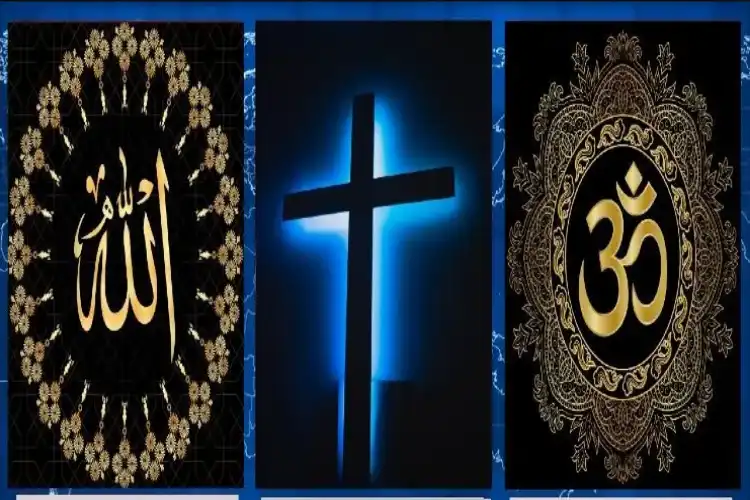
Ghaus Siwani/New Delhi
As Muslims across the world begin month-long rigorous fasting – one of the fundamentals of Islam - during the seventh month of the Islamic calendar, the not mandatory but common practice of prolonged fasting among Hindus and Christians has also begun.
First, it was the coinciding of the festival of Holi and Shab-e-baraat and now the moon of Ramzan being sighted on the first day of the Hindu festival of Navratri must be taken as a divine hint that humans are one big family; more so in India where we live as people of all religions and speak myriad languages and celebrate diverse cultures.
This combination of Navratri – a nine-day festival for Hindus in praise of the Goddess, the giver of all energy and power – and Ramzan, the 30-day fasting for Muslims – is a recurring phenomenon.
While Muslims fast from sunrise to sunset and even don’t take water in the holy month of the Islamic calendar, many Hindus observe fast for nine days during Navratri, eating one time or abstaining from grains and eating sparsely. Eating meat is totally forbidden during fasting among most Hindus.
Not to be missed is the 40-day fasting observed by the Catholics across India which also coincides with these two major fasts of other religious groups.
Lent is the six-week fasting period before Easter during which Catholic Christians are to abstain from eating meat (including fish). Some Catholics may eat meat on Fridays outside of Lent if they perform a charitable act.
Lent has started on March 2 and will continue till April 14 and culminate with the Joyous festival of Easter. Likewise, Chaitra (Hindu calendar) Navratri started on April 2 and would last till April 10.
There will be at least seven days this month when Hindus and Muslims will be fasting; 11 days when all the three religious communities will be doing the same and temples, mosques and churches will be the focus of atonement, gratitude, and prayers of humans.
Nothing signifies the unity of the people as strongly and naturally as this occasion.
Indians in the right frame of their mist can conjure up the images of Muslims reading Taraweeh, a longish late evening prayer in mosques during Ramzan, the chanting of prayers and burning of incense in the temple as Hindus invoke the blessings of the Goddess, the female aspect of divinity in the temple in the morning and the Catholics saying prayers for atonement in the churches across the country.
Father Jacob Benjamin said that this time people of all three religions, Hindu, Muslim, and Christian, would fast together. He said everyone's prayers will be heard during this time. This is proving to be a very good coincidence in April.
